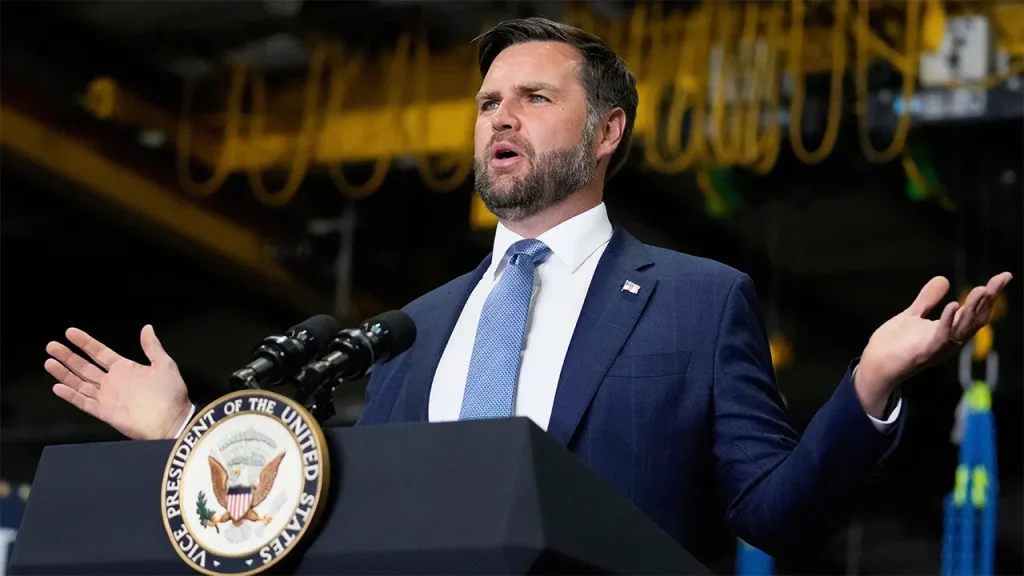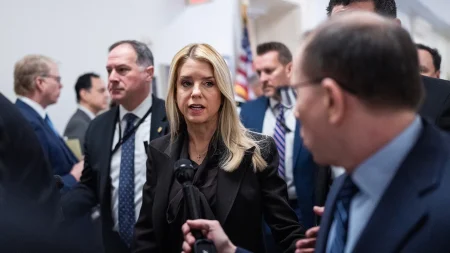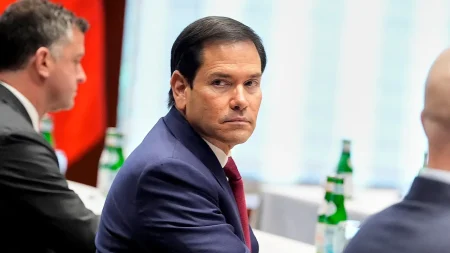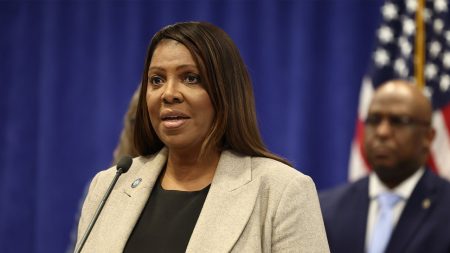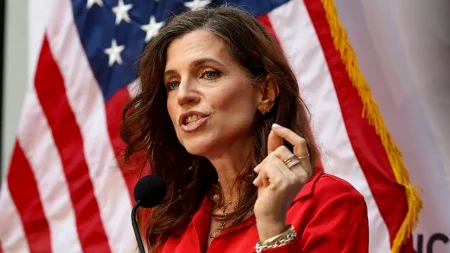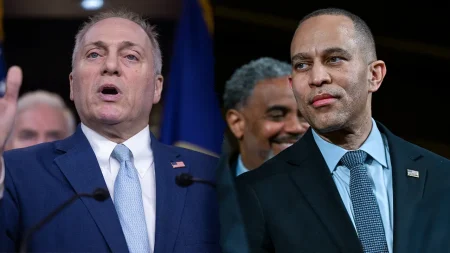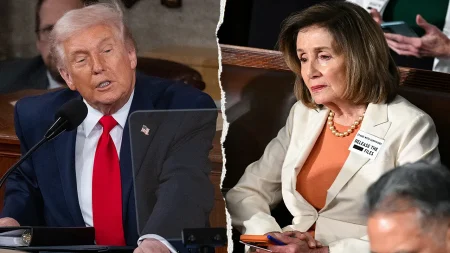Vice President Vance Promotes GOP Policy Package Amid Rebranding Efforts
Vice President JD Vance continues his tour promoting the Republican-crafted domestic policy package, making stops in key battleground states ahead of the 2026 midterm elections. His latest visit to a steel fabrication facility in La Crosse, Wisconsin marks another effort to sell the legislation that narrowly passed through Congress earlier this summer. This tour comes at an interesting moment, as President Trump has recently urged Republicans to rebrand their messaging around the bill, which polls suggest isn’t resonating with many Americans. Vance’s Wisconsin appearance, which includes a sit-down interview with Fox News’ Will Cain, follows similar promotional stops in Ohio, Pennsylvania, and Georgia—all states crucial to Republicans maintaining their House and Senate majorities in the upcoming midterms.
The legislation, originally marketed as the “One Big Beautiful Bill,” appears to be undergoing a strategic rebranding. During a cabinet meeting on Tuesday, Trump acknowledged the marketing challenge, stating, “I’m not going to use the term ‘great, big, beautiful’—that was good for getting it approved, but it’s not good for explaining to people what it’s really about.” Instead, the administration has begun describing it as a “major tax cut for workers” or the “Working Families Tax Cut.” This shift has already been evident in Vance’s messaging during his promotional tour. While initially referring to it as the “One Big Beautiful Bill,” Vance has more recently emphasized its benefits for working Americans, stating during his Georgia stop that “We believe that if you’re busting your rear end every single day, the government ought to make it easier for you and not harder for you.” One Trump adviser characterized the division of labor clearly: “President Trump is the chief messenger for the ‘Working Class Family Tax Cuts’ and Vance is his traveling salesman.”
The comprehensive package contains numerous elements of Trump’s campaign promises and second-term priorities. It extends Trump’s 2017 tax cuts that were set to expire later this year and eliminates taxes on tips and overtime pay. Beyond tax provisions, the law allocates billions for border security and codifies the president’s immigration enforcement policies. It also includes significant restructuring of Medicaid, the nearly 60-year-old federal program providing health coverage to approximately 71 million low-income Americans. The changes to Medicaid, along with cuts to food stamps, were designed partly to offset the cost of extending the tax cuts. The law introduces new rules, including work requirements for many seeking Medicaid coverage—a controversial element that has drawn sharp criticism from Democrats.
These changes to social safety net programs have become a lightning rod for Democratic opposition. The nonpartisan Congressional Budget Office estimates the law could result in approximately 10 million people losing health coverage while adding $3.4 trillion to the federal deficit. Democratic National Committee chair Ken Martin has claimed the bill will “put the last nail in the coffin for rural hospitals with his billionaire budget bill.” Vance has pushed back forcefully against these criticisms, calling the CBO’s estimates “absolutely atrocious” and framing the healthcare changes as focused on “kicking illegal aliens the hell out of this country so that we can preserve health care for the American families who need it.” This exchange exemplifies the stark partisan divide over the legislation’s impact and purpose.
Republicans have launched a coordinated messaging campaign to promote the tax benefits while countering Democratic criticism. The National Republican Congressional Committee has run advertisements highlighting that “Republicans took action with President Trump to make America more affordable again, passing a Working Families Tax Cut, saving families thousands a year.” Similarly, One Nation, a policy organization aligned with Senate Majority Leader John Thune, has emphasized “America is back, thanks to President Trump and Leader John Thune’s Working Family tax cuts. Not tax on tips or overtime. Real relief for every American up early and home late.” The NRCC claims their internal polling in battleground states “gives Republicans a decisive messaging advantage,” particularly as they target Democratic lawmakers in vulnerable positions who voted against the tax cuts.
Democrats, however, remain confident in their messaging opposition to the bill. DNC Chair Martin has argued, “There is nothing in this bill that’s going to help hard-working Americans. Let’s be very clear, this is a giveaway to the richest people in our country.” Democrats believe this debate will ultimately strengthen their coalition and help them win elections. As Vance continues his promotional tour and both parties refine their messaging, the battle over this legislation highlights the fundamental differences in how Republicans and Democrats envision the role of government in supporting American families. With midterm elections approaching and the law’s implementation underway, Americans will soon begin to experience its real-world impacts—which will likely determine whether the Republican rebranding effort succeeds or falters with voters.




